Buying your first home is a significant milestone that marks a new chapter in your life. It’s a process that involves careful planning, research, and decision-making. To ensure a smooth and successful home-buying journey, having a comprehensive checklist is crucial. In this guide, we’ll walk you through the ultimate checklist for buying your first home, covering everything from financial considerations to property inspections.
Assess Your Financial Situation

Before diving into the real estate market, it’s essential to evaluate your financial standing. Start by determining your budget, considering both the down payment and monthly mortgage payments. Take into account your credit score, as it plays a vital role in securing a favorable mortgage rate. Understanding your financial capabilities will set the foundation for the rest of your home-buying checklist.
Get Pre-Approved for a Mortgage

Once you have a clear understanding of your budget, getting pre-approved for a mortgage is the next logical step. This involves providing necessary financial documents to a lender who will assess your creditworthiness and determine the amount they are willing to lend you. Having a pre-approval letter in hand demonstrates to sellers that you are a serious and qualified buyer.
Identify Your Priorities and Needs
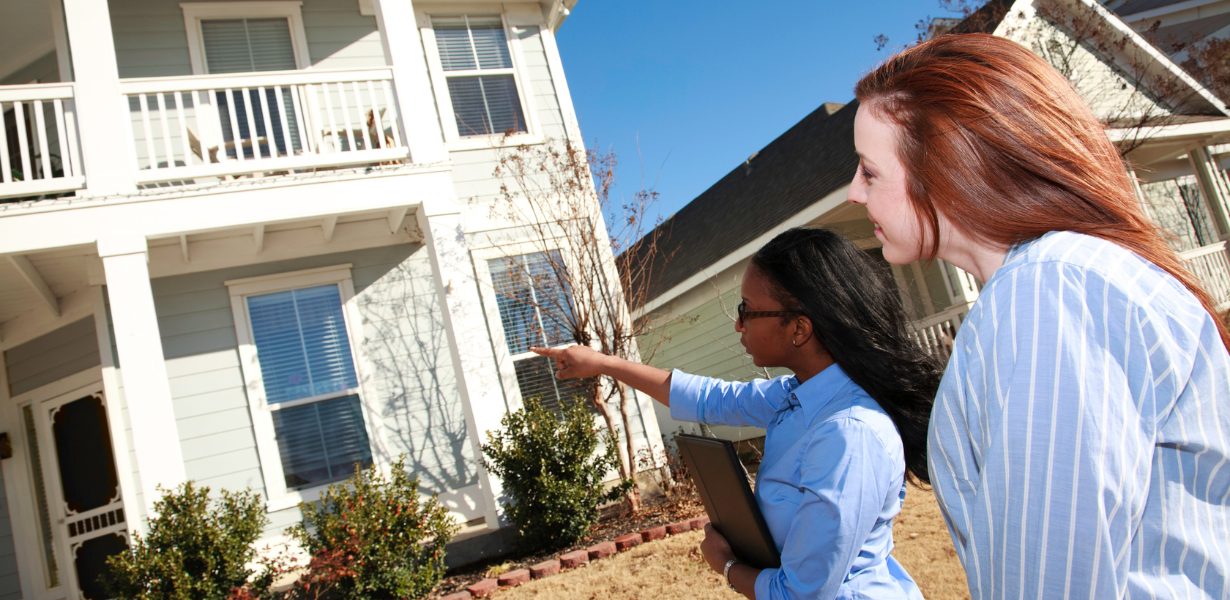
Create a list of features and attributes that are essential in your future home. Consider factors such as location, size, number of bedrooms and bathrooms, and any specific amenities you desire. Having a clear list will help narrow down your options and make the decision-making process more manageable.
Research Neighborhoods

The location of your new home is just as important as the property itself. Research potential neighborhoods, taking into account factors like safety, proximity to schools and workplaces, amenities, and community atmosphere. Visit the neighborhoods during different times of the day to get a feel for the environment.
Hire a Real Estate Agent

Engaging the services of a qualified real estate agent can significantly simplify the home-buying process. A knowledgeable agent can help you find suitable properties, negotiate on your behalf, and guide you through the complex paperwork. Look for an agent with experience in the local market and positive reviews from previous clients.
Begin House Hunting

With your real estate agent by your side, start exploring available properties. Attend open houses, schedule private viewings, and take note of the features and conditions of each home. Be patient and open-minded during this phase, as finding the perfect home often takes time.
Compare and Contrast Properties
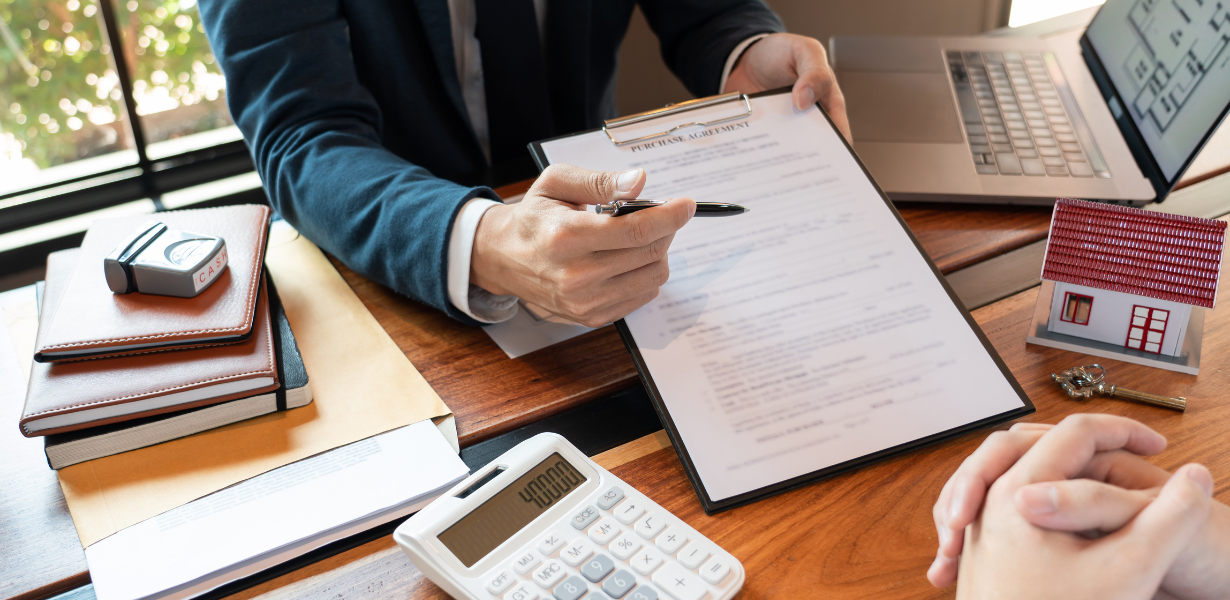
As you view different properties, create a comparison chart to assess each home’s strengths and weaknesses. Consider factors like price, condition, location, and potential for future resale value. This will help you make an informed decision when you are ready to make an offer.
Make an Offer
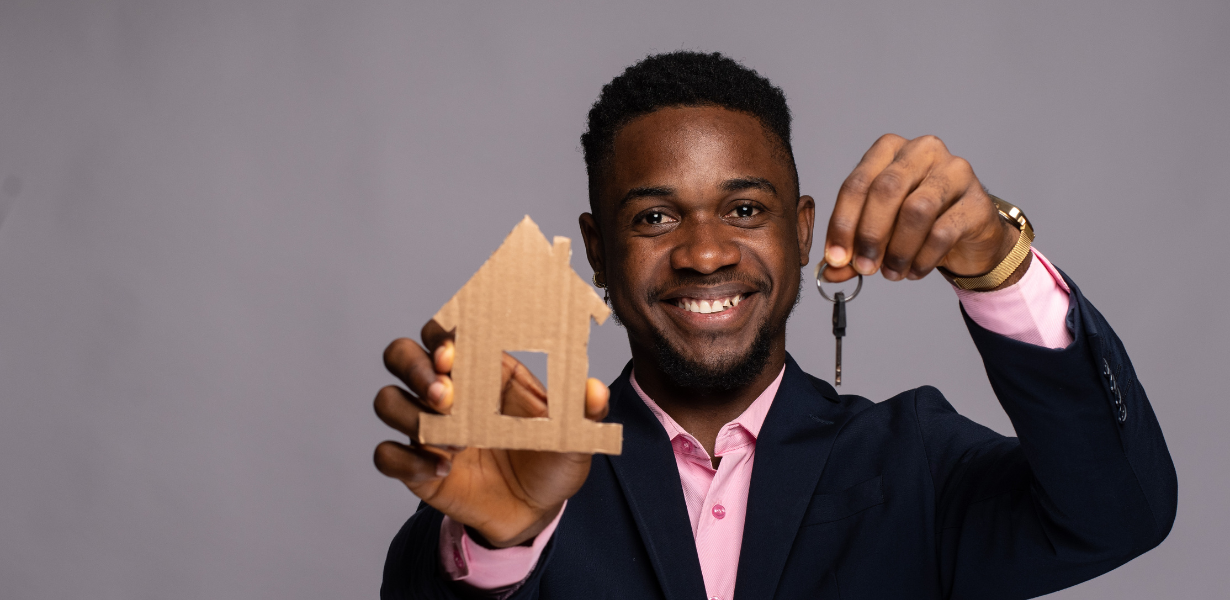
When you find the home that meets your criteria, work with your real estate agent to craft a competitive and reasonable offer. Consider market conditions, comparable sales, and any unique circumstances that may impact negotiations. Be prepared for a counteroffer and be flexible in your negotiations.
Conduct a Home Inspection

Once your offer is accepted, schedule a professional home inspection. This step is crucial to identifying any potential issues or needed repairs before finalizing the purchase. Attend the inspection if possible and ask questions about the property’s condition.
Secure Homeowner’s Insurance
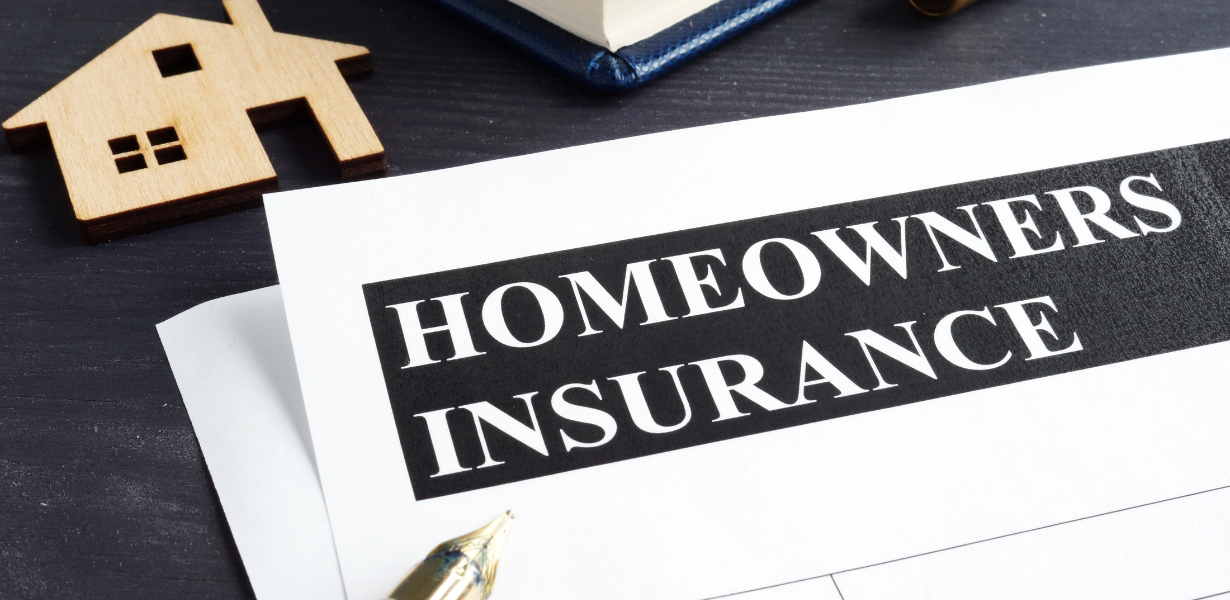
Before closing on the property, arrange for homeowner’s insurance to protect your investment. Compare quotes from different insurance providers, considering coverage options and premiums. Having insurance in place is a requirement for most lenders.
Finalize Mortgage Details
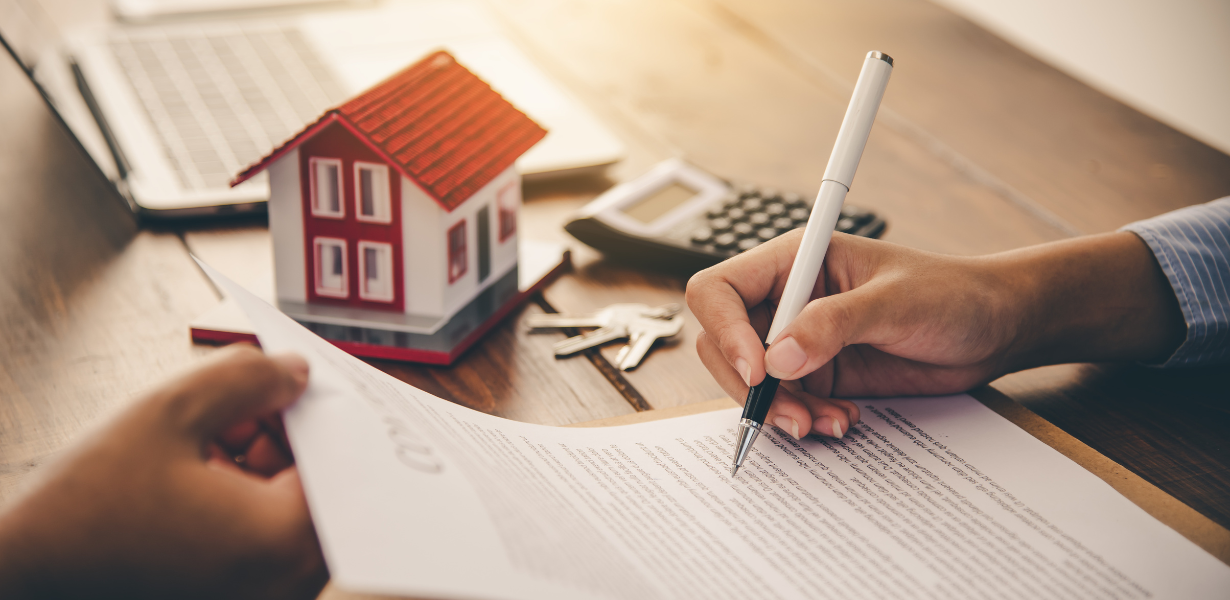
Work closely with your lender to finalize the mortgage details. Ensure that you fully understand the terms of your loan, including interest rates, repayment schedule, and any associated fees. Thoroughly review the loan documents before signing.
Prepare for Closing Costs
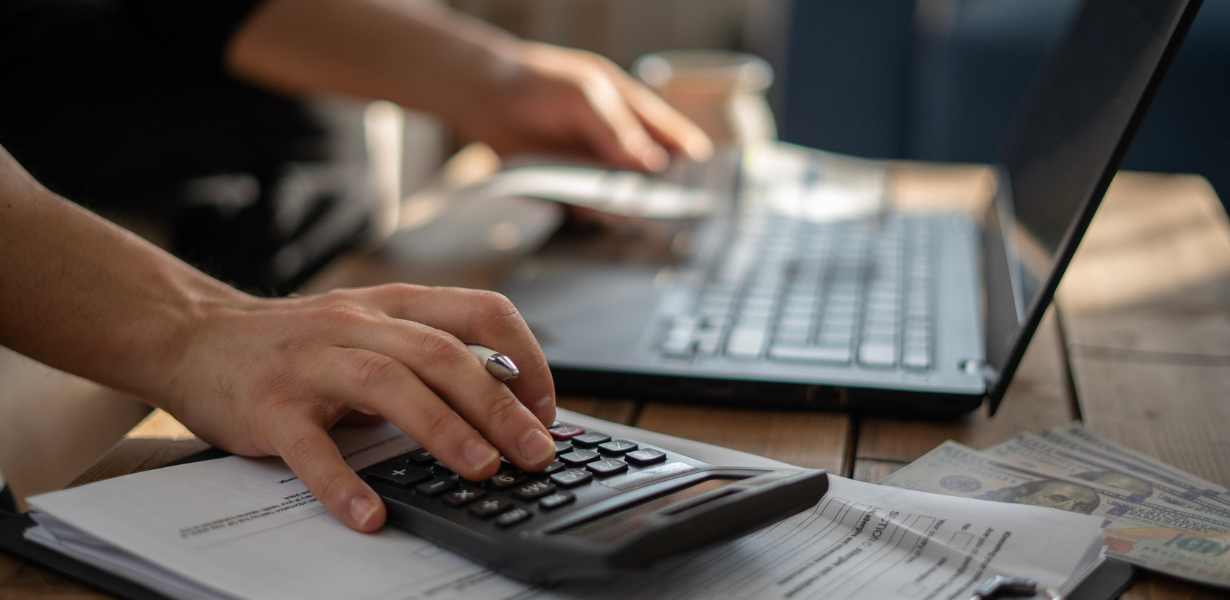
In addition to the down payment and monthly mortgage payments, be prepared for closing costs. These can include attorney fees, title insurance, property taxes, and other miscellaneous expenses. Budgeting for these costs ensures a smooth closing process.
Attend the Closing
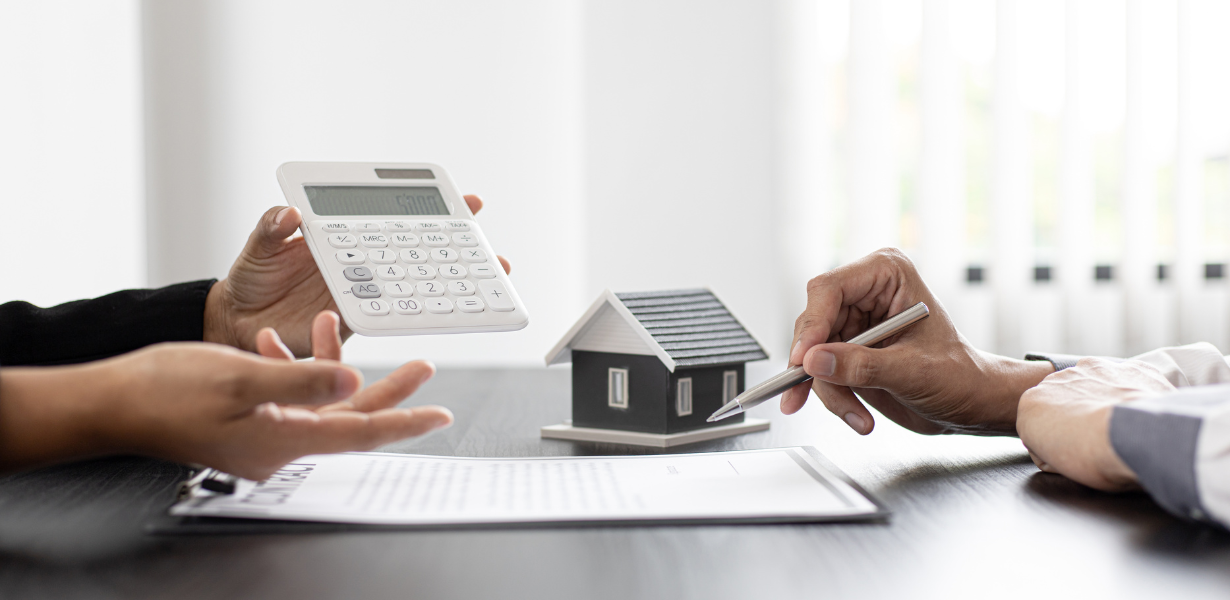
The closing is the final step in the home-buying process. Attend the closing meeting with your real estate agent and any other relevant parties. Review and sign all necessary documents, and bring the required funds for the closing costs. Once all paperwork is complete, you’ll receive the keys to your new home.
Set Up Utilities and Services
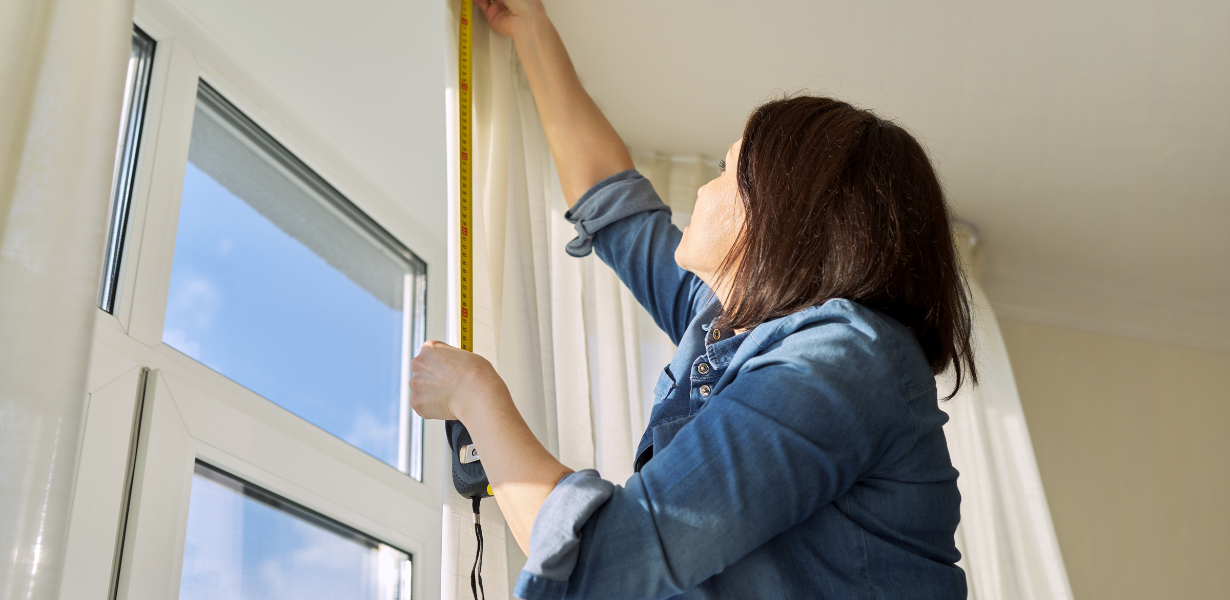
After closing, coordinate with utility companies to set up services such as electricity, water, gas, and internet. Update your address with the postal service, and notify relevant parties of your move, including banks, employers, and subscription services.
Celebrate Your New Home

Congratulations! You’ve successfully navigated the complex process of buying your first home. Take some time to celebrate this significant achievement with friends and family. Begin settling into your new home and start making it your own.
Conclusion
Buying your first home is an exciting and rewarding journey, but it requires careful planning and consideration. By following this ultimate checklist, you can confidently navigate each step of the process, from assessing your finances to celebrating the keys to your new home. Remember, each home-buying experience is unique, so adapt this checklist to your specific circumstances and enjoy the adventure of becoming a homeowner.
Frequently Asked Questions (FAQ) about Buying Your First Home
Q1. What is the first step in buying a home?
The first step is to assess your financial situation. Determine your budget, consider your credit score, and understand your financial capabilities. This will set the foundation for the home-buying process.
Q2. Why is getting pre-approved for a mortgage important?
Getting pre-approved for a mortgage is crucial as it shows sellers that you are a serious and qualified buyer. It also helps you understand the amount a lender is willing to lend you, guiding your home search within a realistic budget.
Q3. How do I identify my priorities and needs in a home?
Create a list of essential features and attributes you want in your home, such as location, size, and amenities. This list will help you narrow down your options and make informed decisions during the house-hunting process.
Q4. Why should I hire a real estate agent?
A real estate agent brings expertise to the home-buying process. They can help you find suitable properties, negotiate on your behalf, and guide you through paperwork. Look for an agent with local market knowledge and positive reviews.
Q5. What should I look for during house hunting?
Pay attention to the condition of the property, its location, and the potential for future resale value. Attend open houses, schedule private viewings, and be patient in finding a home that aligns with your criteria.
Q6. Why is a home inspection important?
A professional home inspection helps identify any potential issues or needed repairs before finalizing the purchase. It provides a clear understanding of the property’s condition and can be crucial in negotiations.
Q7. How do I make a competitive offer?
Work with your real estate agent to craft a competitive and reasonable offer based on market conditions, comparable sales, and other relevant factors. Be prepared for negotiations and, if necessary, counteroffers.
Q8. What are closing costs, and how do I prepare for them?
Closing costs include various fees such as attorney fees, title insurance, and property taxes. Budget for these costs in addition to the down payment and mortgage payments to ensure a smooth closing process.
Q9. Why do I need homeowner’s insurance?
Homeowner’s insurance protects your investment by providing coverage for potential damages or losses. Lenders typically require insurance before closing on a property.
Q10. What happens at the closing meeting?
The closing is the final step where you review and sign all necessary documents. Bring the required funds for closing costs. Once completed, you receive the keys to your new home.
Q11. How do I set up utilities and services after closing?
Coordinate with utility companies to set up services like electricity, water, and internet. Update your address with the postal service and notify relevant parties of your move.
Q12. What should I do after buying my first home?
Celebrate your achievement with friends and family. Begin settling into your new home, set up your living arrangements, and enjoy the process of making it your own.

